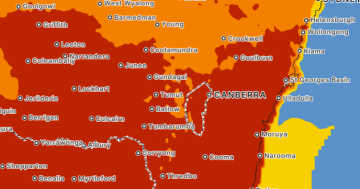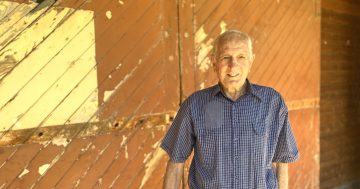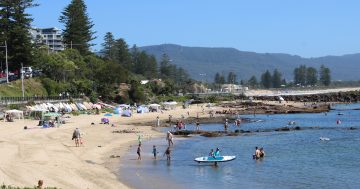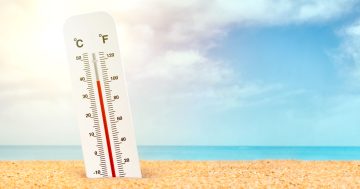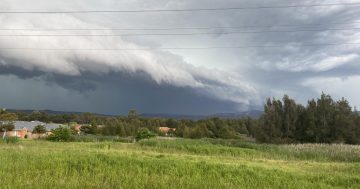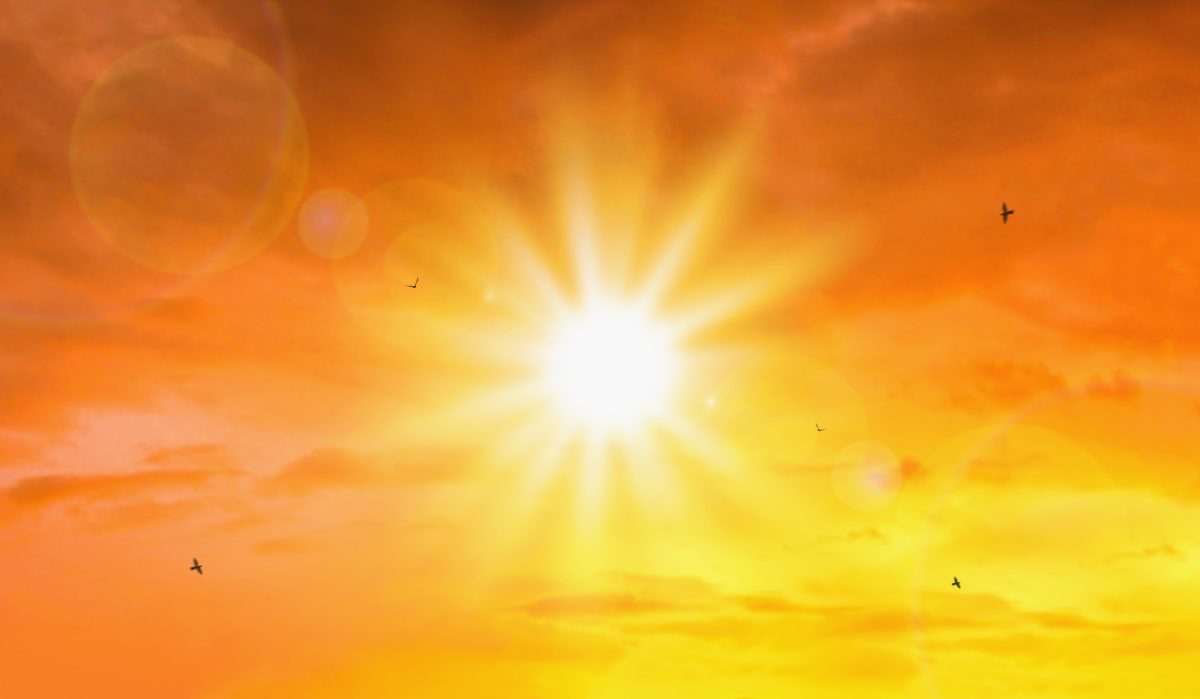
Temperatures have reached record levels as a severe heatwave grips the Illawarra. Photo: iStock.
The Illawarra is sweltering through a severe heatwave, with temperatures soaring up to 15 degrees Celsius above average and creating dangerous conditions for vulnerable community members.
The thermometer climbed to an eye-watering 34.7 degrees Celsius in Albion Park yesterday, marking the hottest September day in 24 years with temperatures predicted to hit the low to mid-30s again today.
Although the sunshine may seem like a welcome taste of summer after a winter of wind and rain, authorities are warning that what the region is experiencing is more than just a little heat and people need to understand the risk.
Severe heatwaves and hot weather are a silent killer, causing more deaths in Australia than cyclones, bushfires or any other natural disasters. Older people, babies, children, pregnant and breastfeeding women and people with medical conditions are particularly at risk.
The community is being urged to watch out for the symptoms of heat exhaustion, which can lead to heatstroke, a life-threatening condition that occurs when your core body temperature climbs above 40 degrees.
Initial indicators that someone could be in danger:
- Red, hot and dry skin
- Rapid, strong pulse
- Rapid, noisy breathing
- Body temperature above 40 degrees
- Typically no longer sweating
- Irrational or aggressive behaviour
- Deterioration of consciousness
If you believe someone is showing signs of heatstroke, call Triple Zero immediately.
The best way to avoid the danger is to stay cool and stay indoors if possible and ensure you have light clothing and sun protection if you need to go outside.
People are being told to do their daily activities early or ask for support, turn on air conditioning in their home or go to a local air-conditioned area like a community centre, cinema, library or swimming pool and take cool showers or splash themselves with cool water throughout the day.
Hydration is critical, so ensure you are drinking plenty of water, and taking fluids with you if you go outside.
But there is some relief on the way, with a cold front coming through late Wednesday and Thursday, bringing maximum temperatures back down to the teens.
If you or someone you know feels as though the heat is affecting your mental health seek help.
Seek help from caregivers or crisis lines (Lifeline 13 11 14) if the situation becomes challenging to manage.









